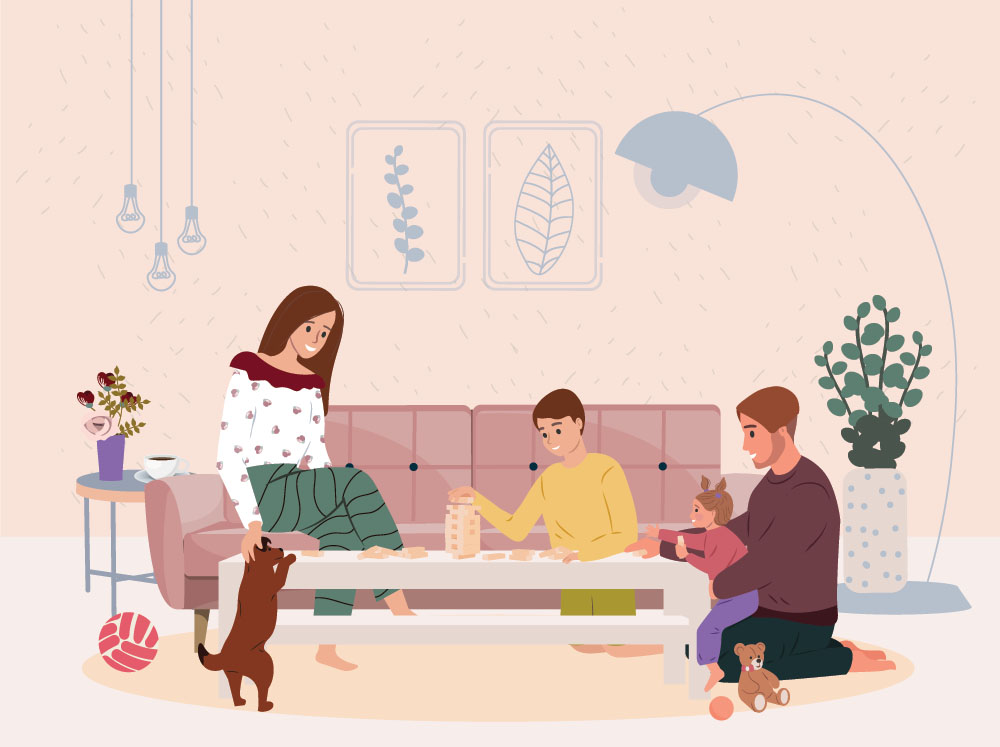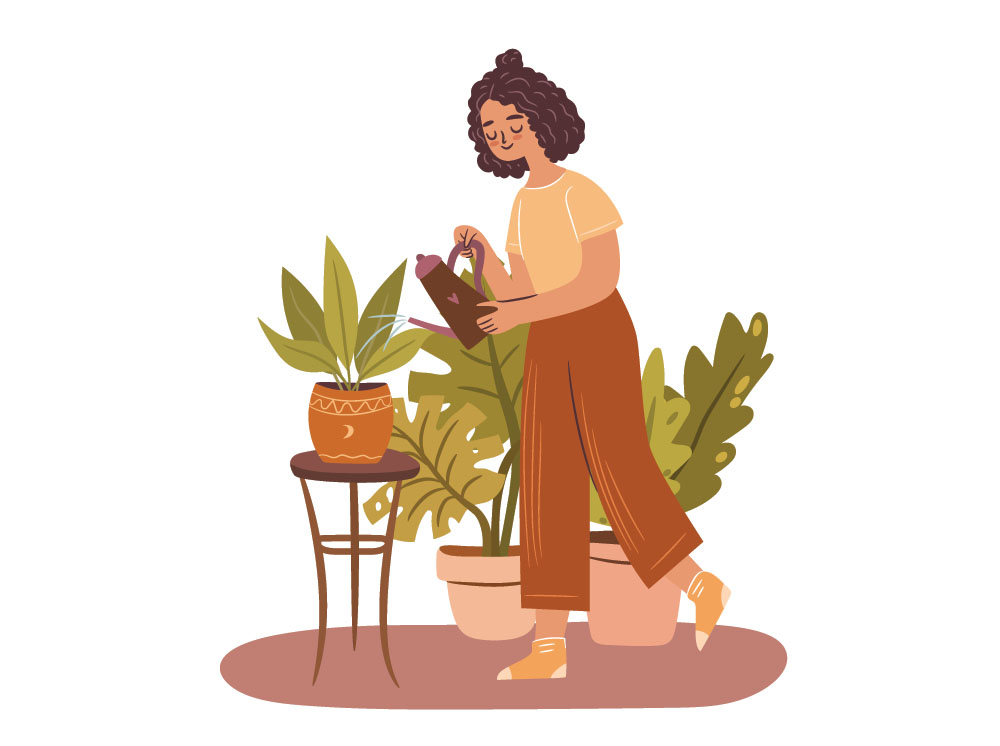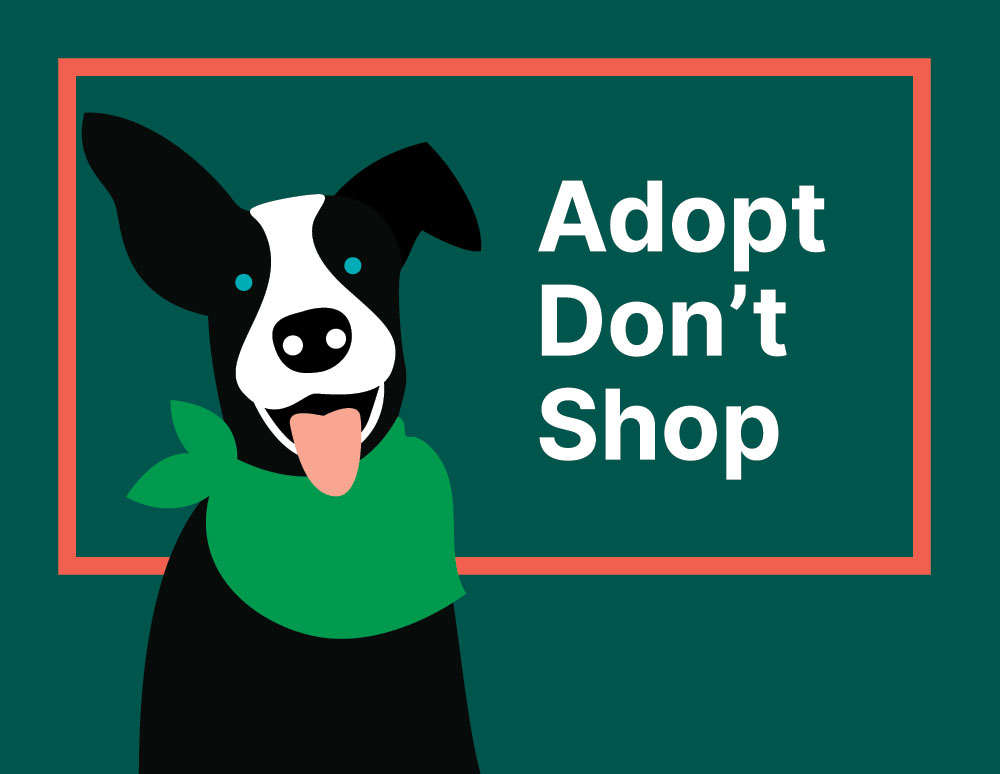The pandemic has changed the way we look at our lives in many ways. More Indians have become pet owners and plant parents in the past few years. This is a trend accelerated by Covid-19 that continues to fill our lives and apartments with our four-legged companions and an influx of flora.

Those in favour of pooches
Furry friends are no longer looked upon as guard dogs or protector of homes, but rather, are considered family. Not an exaggeration, families do regard their pets as their own offspring. There are several factors responsible for the sudden surge in the adoptions of pets that has translated to the increased demand in pet care and pet food, post the pandemic.
Dr. Hemant Thange, Chief Veterinarian at PetVets (Thane), pointed out, “The increase in the country’s pet population, human population and migration have led to the sudden spike in the pet and pet care industry.” He said some of the most common reasons people share when adopting pets are because the kids insist, for emotional support, advised by a therapist, or as status symbols. Many of the pet owners also get a pet home simply under the influence of their friends and family.
Among our furry companions, dogs are the most popular pets in Indian households. In 2019, Indians owned about 20 million pet dogs, which is expected to rise to around 31 million by 2023. It has been observed that a large set of new pet parents are GenZ and this is the first generation that comes with the mindset of pet parenthood, rather than pet ownership.

Make way for plant parents
It takes a shift in perspective to experience plant babies as gratifying pets too. Plants are grounding and makes you feel close to nature. The pandemic did bring about a variety of plant parents as well – first timers, houseplant hoarders and (unintentional) plant killers. With plants flying off the shelves in an unprecedented fashion, nurseries aren’t the only ones cashing in. Plant care experts and houseplant savants have made good use of social media during the lockdown, and continue to do so, to teach viewers how to take care of the plants and flaunt their collection in the process.
Mohammed Idris, owner of Mohammed Nursery (Thane), recalls that before the lockdown, his only customers were young and middle-aged couples. Post pandemic, he gets all types of customers visiting his nursery – from elderly folks to kids, and the customers he gained during the lockdown continue to visit even today. He says that earlier, people used to come to the shop just to pick regular plants like tulsi, flowering plants (rose, marigolds, hibiscus etc.), lemongrass and other kitchen-essential plants. Mohammed Idris added, “The plant community’s demand in the past few years have been for houseplants – rubber plant, snake plant, ZZ plant, monstera, broken-heart monstera and other varieties that they are keen to grow at home.” He said people come flocking to the nursery to get their hands on different houseplants for different reasons - décor, good vibes, to be surrounded by greenery and for air-purifying purposes.

Time for reality check
While there has been a noticeable surge in pet and plant parenthood, like any other matter, it has its downsides. Dr. Thange mentions, “When pets are sold like a commodity, there is not much thought behind buying and selling. Pet parents don’t research enough about which breed would be suitable for the family, and how much care and attention is required. They go on a whim to get a pet home on their kids’ insistence. Sadly, once the puppy’s cute phase ends, they realise how big of a responsibility it is, as the pet requires attention, vet visits, food and medication. Either way, the pets suddenly become homeless. Pet owners either approach adoption agencies or worse, abandon them on the streets. There are also other factors involved in giving up the pets – migrating to another city/country, medical emergencies, allergies and society/residential complex pressures.”
The plant businesses and community have been blooming, but Mohammed Idris points out, “While the sales have been good, the margins have become low, post pandemic. Earlier, the plants that were available at a cheaper rate have now become quite expensive, and customers are not ready to match the price, therefore plants are getting sold at low margins and, as shop owners, we bear the brunt.”

Word to the wise
Dr. Thange strongly recommends, “Before taking the big step of adopting a pet, please visit your nearby veterinary clinic and seek advice from the veterinarian or pet behaviour expert. Be ready to be emotionally and financially available. Do your research thoroughly and visit an animal shelter where you can adopt (not shop) a pet, free of cost.”